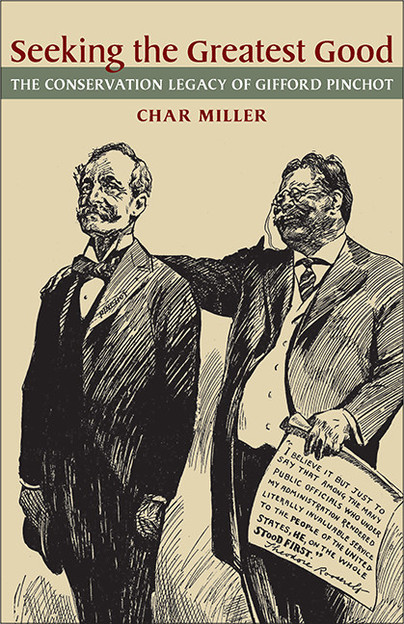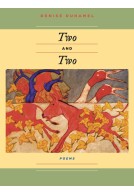Google Books previews are unavailable because you have chosen to turn off third party cookies for enhanced content. Visit our cookies page to review your cookie settings.
Seeking the Greatest Good (Paperback)
The Conservation Legacy of Gifford Pinchot
Imprint: University of Pittsburgh Press
Pages: 232
ISBN: 9780822962670
Published: 12th September 2013
Script Academic & Professional
Pages: 232
ISBN: 9780822962670
Published: 12th September 2013
Script Academic & Professional
Please note this book may be printed for your order so despatch times may be slightly longer than usual.
You'll be £26.00 closer to your next £10.00 credit when you purchase Seeking the Greatest Good. What's this?
+£4.99 UK Delivery or free UK delivery if order is over £40
(click here for international delivery rates)
Need a currency converter? Check XE.com for live rates
(click here for international delivery rates)
Need a currency converter? Check XE.com for live rates
President John F. Kennedy officially dedicated the Pinchot Institute for Conservation Studies on September 24, 1963 to further the legacy and activism of conservationist Gifford Pinchot (1865–1946). Pinchot was the first chief of the United States Forest Service, appointed by Theodore Roosevelt in 1905. During his five-year term, he more than tripled the national forest reserves to 172 million acres. A pioneer in his field, Pinchot is widely regarded as one of the architects of American conservation and an adamant steward of natural resources for future generations.Author Char Miller highlights many of the important contributions of the Pinchot Institute through its first fifty years of operation. As a union of the United States Forest Service and the Conservation Foundation, a private New York-based think tank, the institute was created to formulate policy and develop conservation education programs. Miller chronicles the institution’s founding, a donation of the Pinchot family, at its Grey Towers estate in Milford, Pennsylvania. He views the contributions of Pinchot family members, from the institute’s initial conception by Pinchot’s son, Gifford Bryce Pinchot, through the family’s ongoing participation in current conservation programming. Miller describes the institute’s unique fusion of policy makers, scientists, politicians, and activists to increase our understanding of and responses to urban and rural forestry, water quality, soil erosion, air pollution, endangered species, land management and planning, and hydraulic franking.Miller explores such innovative programs as Common Waters, which works to protect the local Delaware River Basin as a drinking water source for millions; EcoMadera, which trains the residents of Cristobal Col\u00f3n in Ecuador in conservation land management and sustainable wood processing; and the Forest Health-Human Health Initiative, which offers health-care credits to rural American landowners who maintain their carbon-capturing forestlands. Many of these individuals are age sixty-five or older and face daunting medical expenses that may force them to sell their land for timber.Through these and countless other collaborative endeavors, the Pinchot Institute has continued to advance its namesake’s ambition to protect ecosystems for future generations and provide vital environmental services in an age of a burgeoning population and a disruptive climate.
Other titles in University of Pittsburgh Press...















